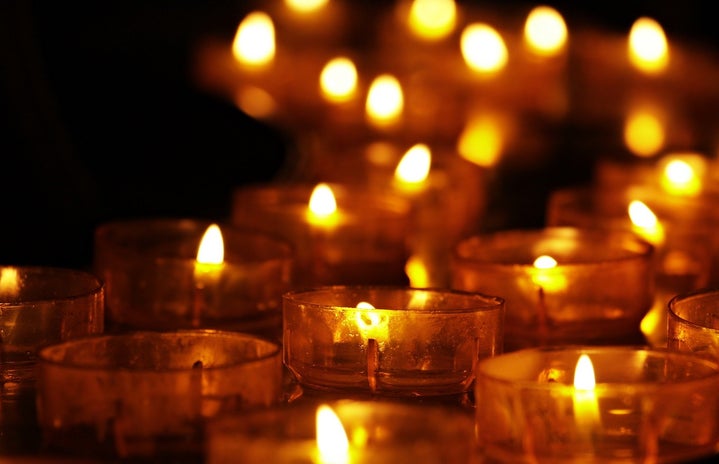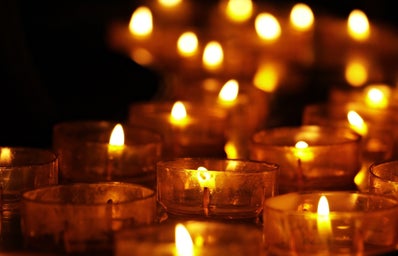TW: Sexual assault and murder
It’s been seven months since Sarah Everard went missing. It’s been seven months since we held our breath. It’s been seven months since it was revealed Wayne Couzens, a serving police officer at the time, murdered Sarah and it’s been days since Couzens was sentenced for life.
I was hesitant to write this piece because I felt at a loss. I didn’t know how to put into words what I wanted to say, and indeed I didn’t know what I wanted to say. But I knew that I had to write something because like so many other women, I am hurting from this repetitive cycle of male violence against women that penetrates our lives continually.
I, like so many women I know, watched the news of Sarah’s disappearance with a dreaded feeling, that I didn’t want to acknowledge. There seemed to be a universal gut feeling that something sinister was at play, when it became a ritual of waiting for the notifications on my phone of Sarah’s fate. I remember feeling this harrowing, indescribable sense of dread that felt like a weight was being pressed against my chest, making it difficult to breathe, as we watched Sarah’s fate being revealed, piece by piece, in such an agonising way.
The most harrowing detail of Sarah’s death is that Couzens was a serving police officer. A man whose very job is devoted to protecting the public and enforcing the law. Yet Couzens did the exact opposite by abusing his position. We’re taught from childhood that the police are people we can trust to protect and aide us. But how was Sarah supposed to know not to trust this police officer?
Sarah’s death triggered a tumultuous wave of anger surrounding the lack of safety for women. A wave of anger that sent a message saying, ‘enough is enough, we’re ready to talk’, as thousands of people took to social media to express their anger, emotion and stories of sexual assault and male violence against women. This wave of anger and level of outcry after Sarah’s death is something that I don’t remember ever seeing before.
Not only has this outcry triggered a wave of anger, but it has sparked an important discussion about male violence against women. Significantly, male violence against women does not seek to perpetuate the idea that all men use violence and sexually assault women. Instead, it seeks to make you aware of men who abuse their privilege by violating, assaulting and raping women. This aggressive male behaviour of assaulting and raping women begins with rape culture. But rape culture does not start with rape. Rape culture starts with misogynistic jokes, leading to misogynistic comments, leading to harassment, and, in an extreme form, leading to rape.
Men who assume the discussion that Sarah’s murder refers only to rapists are at fault. These men are attempting to dissociate themselves from responsibility. They’re attempting to remove themselves from the present problem and removing accountability for themselves. This is not good enough. Sarah’s death has sparked a conversation that needs to continue, of men needing to take accountability for their actions, of calling their male friends out for encouraging rape culture and for being better allies to women and queer people.
However much Sarah’s death has contributed to this important conversation, it has caused eternal pain for her loved ones. I am heartbroken for Sarah’s family. It is impossible to imagine the pain that is felt by those who knew her. Sarah’s mother, Susan Everard, commented that Couzens treated Sarah, “as if she was nothing and disposed of her as if she was rubbish”.
That’s exactly what Couzens did. He treated Sarah as an object – an object that he could violate, use and toss aside when he was done. He didn’t consider the hurt, pain and turmoil created by his actions, as he abused his authority. After Couzens ‘fake arrested’ Sarah, abducted her, raped her, strangled her, he burnt Sarah’s body causing even more pain and turmoil. As Jeremy Everard, Sarah’s father, commented:
“You burnt our daughter’s body – you further tortured us – so that we could not see her again…You stopped us seeing Sarah for one last time and stopped me from giving my daughter one last kiss goodbye.”
I hope that Sarah’s murder sparks a change, because this narrative cannot continue without greater cost. Women have been saying for a very long time that they don’t feel safe and finally, it’s time to listen and it’s time to be heard.
Every woman knows, that we could have been Sarah.


